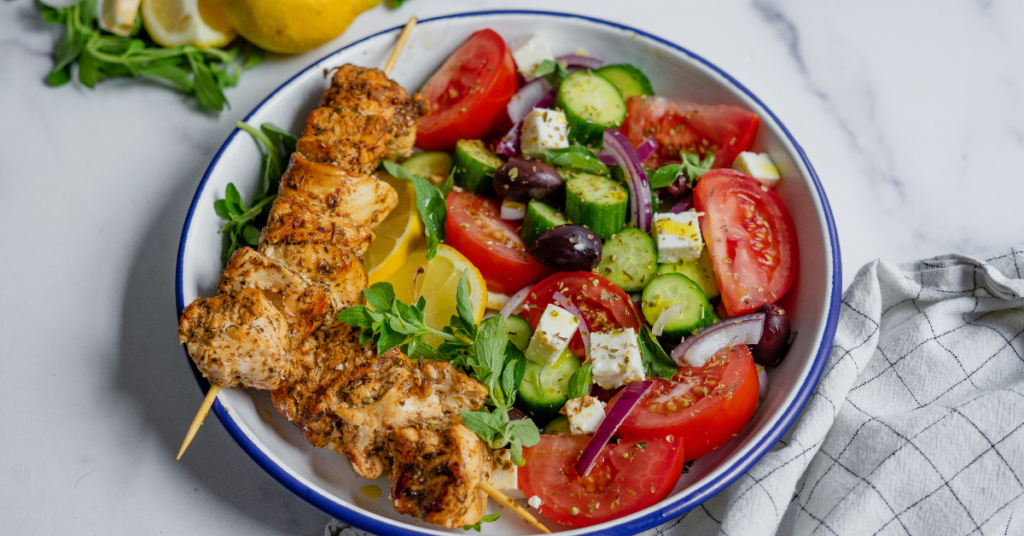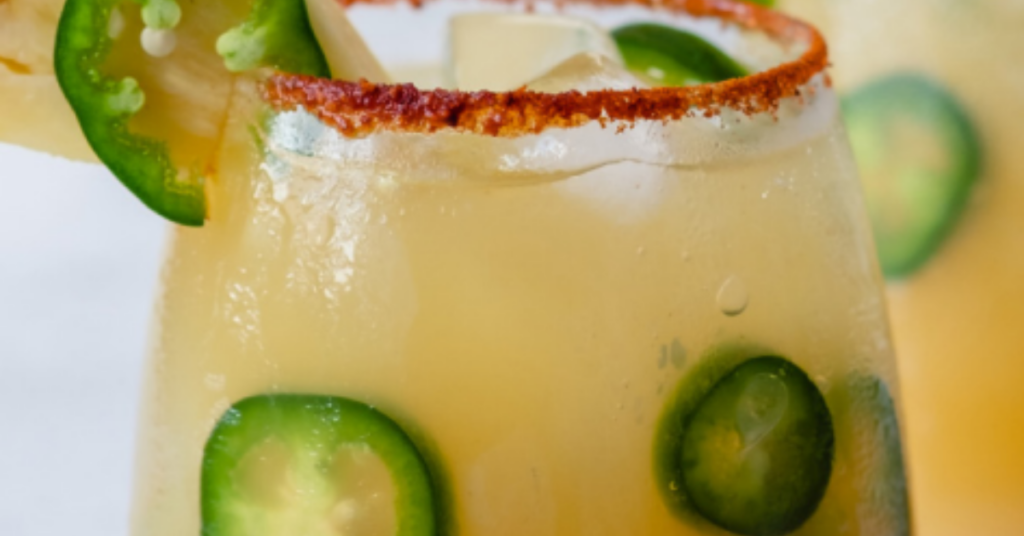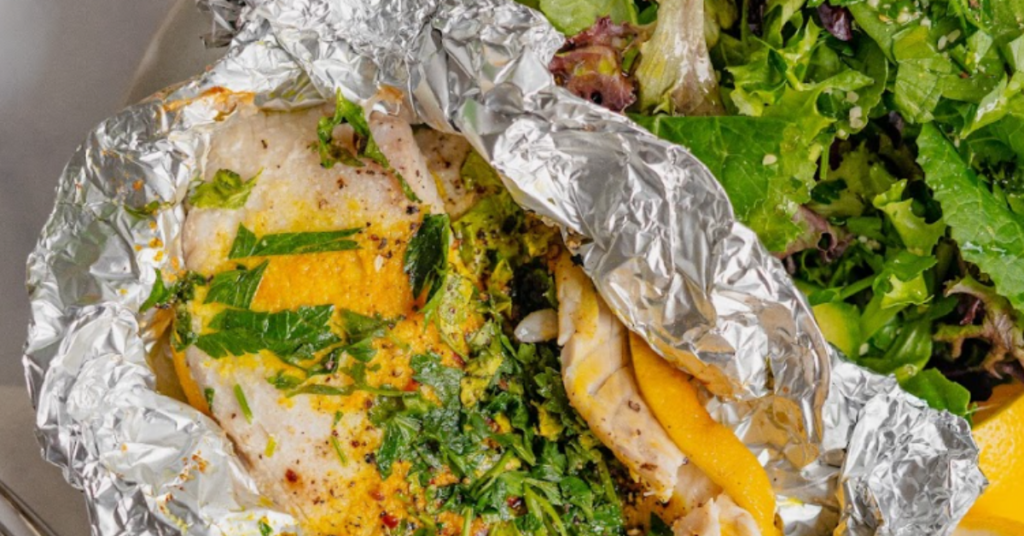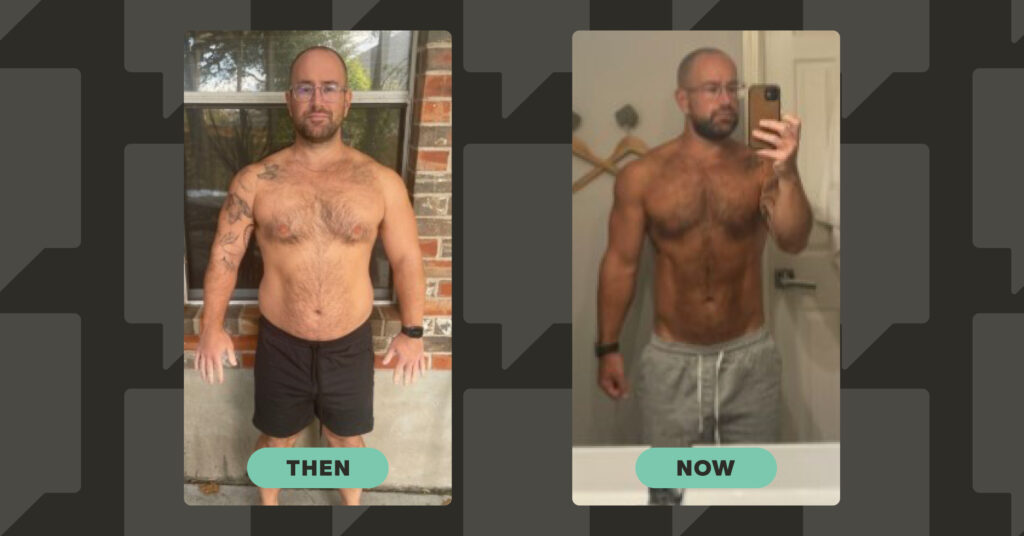I’m one of those weirdos who only reads hardcopy books. I don’t listen to audiobooks or read on an e-reader. I totally understand how technology has made reading far more practical than lugging hardcopy books everywhere. But it doesn’t matter. Case in point: when I went to Europe this spring I bought a suitcase while I was there to bring back the books I bought.
Being a book purist goes back to when I was a kid and first fell in love with reading. E-readers weren’t a thing yet and people only listened to audiobooks on audiotape in the car. So when I was a kid I read books. Lots and lots of books. My pile of books that I read continued to grow, as did the pile of books I bought that I wanted to read. That practice is something I never fell out of. No matter what stage of life I’ve been in, reading has always been there to offer a kind of fulfillment that I don’t get anywhere else—and that’s how it’s been just about every single day for the past 20 years.
But my relationship to reading has also changed over the years. As writing has become a bigger and bigger part of my work life and personal life, I’ve naturally started to develop more appreciation and inspiration through various people I read.
As such, I’ve become more and more obsessed with the work and lives of some of the great writers in history. People like Dostoyevsky, Tolkien, or one of my contemporary favorites right now: Cheryl Strayed.
(Because who doesn’t go to Paris to go book shopping?)
There’s nothing quite like digging into a great book and walking around in a haze that’s been cast over your world by whatever story that the author is telling. It’s both inspiring, fulfilling, and completely disheartening. Because when you’ve read what seems like the peak of the written word, how in the world can you realistically hope to pen to paper again?
But no matter how discouraged I may get from the writers that I personally love, there’s always something I go back to; a mantra of sorts.
It’s all a practice.
See, we don’t often think of writing as a skill. We see timeless works like Lord of The Rings or Cat’s Cradle and the cultural myth that we all subscribe to tells us that those people who wrote those books are uniquely gifted; they have a secret that none of us could hope to possess. They sit down at the typewriter and the greatness just pours out of them.
There’s certainly no denying that someone like Dostoyevsky had a level of genius that few of us can hope to reach, but bringing about a work of genius is hardly the result of some lightning strike of insight. It’s more like Gertrude Stein or Emily Dickinson beating their heads against the blank page over and over again, constantly failing, and continually trying to be better.
For example: Hemingway rewrote the ending to A Farewell To Arms a reported 39 times before he had it just right. If you’ve ever read the book, you know about this ending. If you haven’t, go watch Silver Linings Playbook. Bradley Cooper’s character adequately demonstrates how the ending to that book makes you feel.
That sort of repetition and devotion to the craft of writing is a perfect example of Hemingway honing his skills as a writer. A Farewell To Arms was his second novel, and he knew that in order to get the words just right it was going to take time and reps. So he kept on plugging away until something clicked.
And that devotion to skill carries over to every aspect of life.
It’s tough to think of something like weight loss as a skill, but that’s exactly what it is; because everything we do in this life is a skill. The more we practice something, the better we get at it.
To steal a couple of quotes and blend them together, repetition is the mother of skill and the father of learning. Be it weighing your food, deadlifts, or learning where you should use a comma. The more you practice something, the better you’re going to get. Which is exactly why you should view all that comes along with trying to lose weight as a skill.
The more you can start framing these things through the lens of them as skill-based behaviors, the faster you’re going to realize that they’re not only things you can do, but things that you can get better at.
The good news is you can develop all of those skills. But just like all calories aren’t actually equal, all of the skill-based behaviors that someone is going to practice along a weight loss journey aren’t equal. Here are the 3 weight loss skills you should develop.
1. Track and log your food intake.
Basic, sure. And most of you reading this should already be doing this, but don’t let that diminish just how important something like the importance of logging what you eat is. Finding out how much you’re eating is the most important factor above all else when it comes to losing weight and controlling your environment.
Why? Because logging your food helps foster a sense of mindfulness when it comes to eating. There’s a certain reframing process that happens when you’re searching through MyFitnessPal to log in 3 slices of Dominos chicken bacon ranch pizza and 12 buffalo wings.
Those may be filling, but when you actually see that there is well over 1,000 calories worth of food on your plate, it changes things. It puts into perspective just how easy it is to overeat when eating out.
To that point, logging food also teaches you about the caloric value of foods inside your own home. It’s incredibly common for most of us to mindlessly sprinkle some cheese, sour cream, butter, or anything else onto something we’ve cooked in order to enhance the flavor.
There’s nothing wrong with that.
However, learning just how small a serving of cheese or peanut butter actually is can be a total game changer. Measuring and logging can shed light on where hidden calories are often hiding, which explains why those last few pounds can’t come off.
It takes some time to get good at measuring and logging food intake, but that’s because this is a new skill. The practice of using your food scale, measuring to the gram, and implementing that same practice for each passing meal takes time to learn. But the more you do it, the better you get at it.
Want an example? Just think back to the very first day you logged and how long that process took you. Fast forward 12 weeks and how much time per day do you spend with the food scale?
2. Learn to cook.
Seriously, learn to cook. Learn to cook a few whole foods-based, nutrient-dense meals. Get really good at them. So good that you want to show them off and eat them all the time. This will do wonders for your health and weight loss efforts.
Cooking is the easiest way to guarantee you know exactly how much food you’ll be eating. You know the ingredients, the flavor certain ingredients add, and how much of each is enough.
Notice how that also plays into point #1? You’ll become far better at measuring and tracking food intake by learning to cook. These two skills play off of one another.
Cooking also gives a sense of ownership over a meal. You can look at your meal and know that you’re responsible for that delicious plate of awesome. There’s pride associated with that, and you don’t understand it until you experience it.
Does this mean you stop eating out? Absolutely not. I thoroughly enjoy trying new restaurants. You could say it’s a hobby of mine.
I enjoy cooking my own meals more, though. Eating at restaurants is great, but when weight loss is the goal, eating out tends to be best saved for a special experience like trying a new restaurant, eating at your favorite place, going out with friends. Not eating at Chipotle 3x a week because it was there.
3. Patience.
As Axl Rose once crooned, after what is arguably the greatest whistle solo in music history, all we need is just a little patience.
Patience is by far and away the most important factor when it comes to fat loss. Above all else, the ability to stay patient, stay the course and keep working trumps tracking food or cooking.
Why? Because weight loss doesn’t happen in the blink of an eye.
No matter how aggressive, or how motivated we might be, it’s extremely hard for us to wrap our head around the fact that what we’ve gained is a product of years worth of over-consumption.
Gaining weight is a steady process, and so is weight loss. We are a product today of what we did yesterday and the many yesterdays before that. This is true in business, life, and with our waistline.
If we’ve spent a whole bunch of yesterdays overeating pizza, beer, wings, and doughnuts then we need to spend a whole bunch of today’s eating vegetables, lean protein, and watching what we eat. Due to the fact that time is something we have a terrible notion of, this doesn’t exactly make sense though. The past seems like it’s been condensed, while the future looks like it can go on forever.
Because of this, we’re often fooled into believing that we should be able to lose the weight quickly. We get immediacy in almost every other aspect of our life, so we expect that to be the case with weight loss.
This is part of the reason why so many people fail at their diets. They get frustrated at the lack of progress after a certain point and believe that they need to switch it up. Because trying out something new always comes with a little rush. A little excitement at the possibility of what’s to come. When, in reality, they probably just needed to diet for longer and have some patience.
Sticking it out and committing to spending the time becomes easier when we realize we’re just improving the various skills in our weight loss toolbelt. Either sharpening some tools or adding new ones at our disposal.
But the best part about embracing all that comes along with trying to lose weight as a skill is that over time, those skills become internalized habits. They move from things you’re practicing on a daily basis to things that you just… do.









